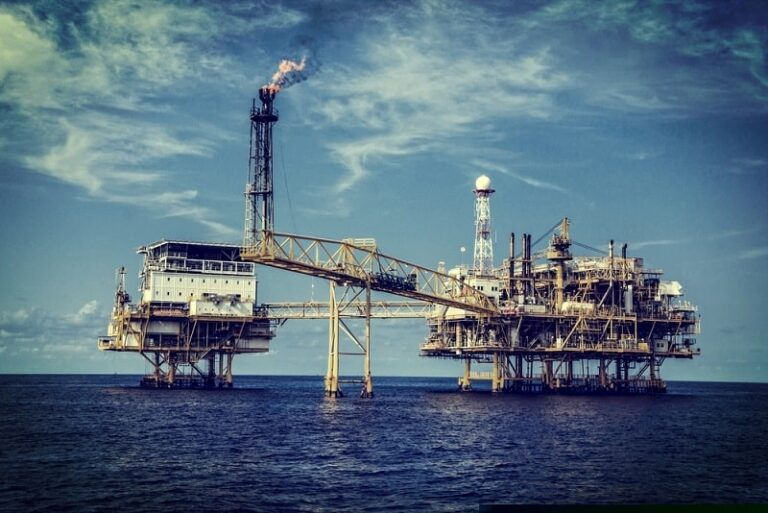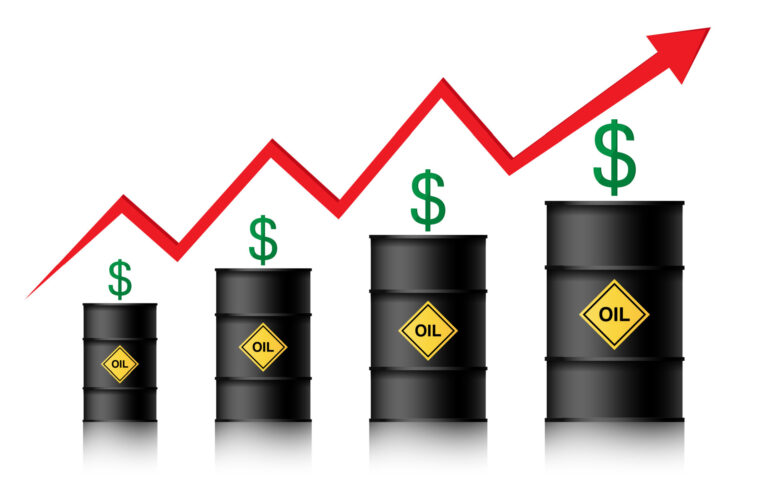
According to international news agencies, oil prices soared to their biggest weekly rise in three months, with Brent crude approaching $70 per barrel on friday. This sharp rally is due to two key economic factors: Russia’s decision to impose sweeping restrictions on fuel exports and intensified diplomatic pressure from the United States for allies to cut off purchases of Russian energy. Brent and West Texas Intermediate (WTI) futures posted gains of over 4% for the week, their strongest performance since early june, amid growing concerns about the stability of global supply.

Russian restrictions raise global supply concerns
The main upward pressure comes from Moscow. Russia announced on thursday that it will partially ban diesel exports until the end of 2025 and extend existing restrictions on gasoline exports. The Russian government cited domestic fuel shortages caused by recent Ukrainian drone attacks on its energy infrastructure.
These attacks have hit 16 of Russia’s 38 oil refineries since august, reducing refining capacity by more than 1 million barrels per day and driving diesel exports to their lowest levels since 2020. Deputy Prime Minister Alexander Novak acknowledged “slight shortages of oil products”, although he stated that reserves would make up for the shortfall.

US Pressure and the Impact on European Demand
The US diplomatic escalation intensifies the risk of shortages and puts pressure on global demand. President Donald Trump made an end to Russian energy purchases a central demand of his diplomatic offensive, threatening to retain major sanctions if NATO members do not comply.
European Commission President Ursula von der Leyen responded that the EU is working to reduce its energy purchases from Russia and plans to impose tariffs on the remaining supplies. Although the bloc has already reduced imports by approximately 90% since the invasion of Ukraine, pressure on countries like Turkey (the third-largest buyer of Russian oil) adds uncertainty to the market.
These attacks have hit 16 of Russia’s 38 oil refineries since August, reducing refining capacity by more than 1 million barrels per day and driving diesel exports to their lowest levels since 2020. Deputy Prime Minister Alexander Novak acknowledged “slight shortages of oil products”, though he stated that stockpiles would make up for the shortfall.
Additional factors limit stability
Additionally, unexpected support for prices came from a 607,000-barrel drop in US crude oil stockpiles and the continued suspension of Kurdish oil exports.
However, strong US economic growth raised concerns about the Federal Reserve’s future interest rate policy. This economic factor offset some of crude oil’s gains, as concerns about tight monetary policy could dampen global energy demand in the medium term.
You might also be interested in:







